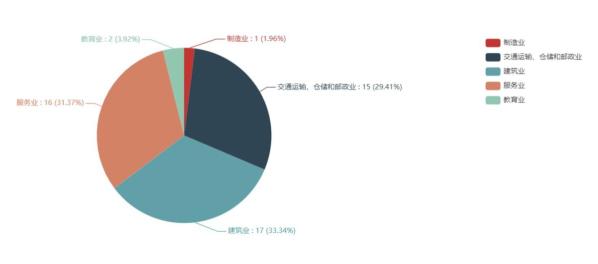
Photograph: Robert Way / Shutterstock.com
Just a reminder that if you haven’t yet checked out our new report, “Reimagining Workers’ Rights in China,” you can download the pdf for free. Our report analyses a decade of CLB data and other sources to examine why the state of workers’ rights in China has not improved, despite fairly drastic economic, social, and policy changes in recent years.
This past month, China has been facing a new wave of Covid-19. We took a look at the effects of the lockdowns in Shanghai and Shenzhen on frontline and vulnerable workers, from medical staff to food delivery drivers to factory workers. In Shanghai, medical workers were called up in the middle of the night and worked long hours with insufficient protective equipment and without any breaks, administering PCR tests to the population. Two medical workers are reported to have died from overwork in China in March 2022.
But it is not only medical workers on the frontlines of the pandemic. China’s food delivery drivers have faced tough decisions: lockdown at home, or sleep outside and continue working to deliver meals. These workers have been reported to be sleeping in tents, under overpasses, and at bus stations, especially as other forms of shelter, such as 24-hour internet cafes, have been closed in the lockdown.
In Shenzhen, factory workers have been locked down in the workplace, living and sleeping there so that production is not halted. Not clocking in and out each day, they are vulnerable to wage arrears, with some reports that workers have not been paid since the Lunar New Year. They sleep on the factory grounds, either in tents on the premises or on makeshift beds made from items on hand, such as cardboard boxes.
In early March, China’s top governing bodies met to discuss the pressing issues facing the country. In the annual Two Sessions meeting, a range of labour policy suggestions were put forward. CLB collected these and noted that many result from China’s recent change in demographics, with suggestions on how maternity and paternity leave policies can take into account gender discrimination, protecting the health and safety of workers in the gig economy, encouraging young people to work in the manufacturing sector or become entrepreneurs, and providing for migrant workers to enjoy social security by having their benefits follow them geographically or be able to enrol in urban programs. Of the numerous policy proposals put forth at the high-level meetings, CLB found these ones to be some of those that have merit in addressing the problems facing China’s workers today.
The number of deadly gas accidents has sharply risen, and, according to CLB research into specific incidents, there are no signs that meaningful measures are being taken to prevent these occurrences. China’s national gas accident analysis reports had shown a downward trend in the number of incidents, from 925 in 2017 to 615 in 2020. However, in the first half of 2021 alone, there were 544 gas accidents. CLB analysed the main causes of recent accidents: gas pipeline leaks resulting from construction projects or ageing pipelines, restaurant accidents, transportation accidents, and factory accidents.
A committee of the State Council issued a work program on gas accidents in November 2021, and the Ministry of Emergency Management announced in January 2022 that it would collaborate on the implementation. But China’s workers don’t have time to waste. CLB urges the ACFTU to organize workers from different regions and industries - such as construction, catering, and manufacturing - and train workers on gas safety procedures. This would enable the union to mobilise workers to identify safety hazards, inform enterprises and government departments, and demand safety improvements.
In other parts of the world, workers are putting collective bargaining into practice, with CLB highlighting the work of KOOGU, a garment workers’ union in Bangalore, India, in its efforts to bring all stakeholders to the negotiating table, including international brands. After months and years of efforts for workers at the Shahi 8 factory to establish a collective bargaining mechanism with management of their factory - and all Shahi factories - worker representatives have asked for a modest wage increase. When Shahi pointed out that their profit margins are not high enough and prices are set by the brands, workers realised that all can benefit from more seats at the table. International brands have not yet agreed to join, but the pressure is on for more equitable pricing and wages across the supply chain.
Also be sure to read our new labour news roundup, published monthly. The March 2022 roundup is out now, and you can find the February 2022 edition here. For more CLB content, check our Twitter, Facebook, Instagram, and Chinese-language podcast on Apple Podcasts, Spotify, and Soundcloud.
